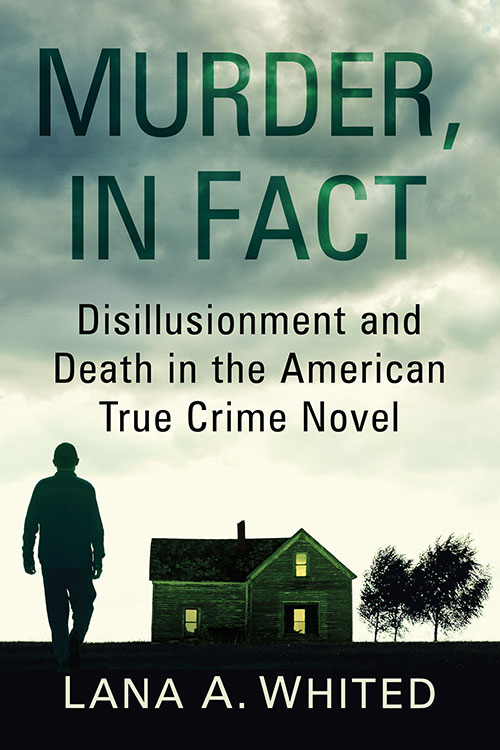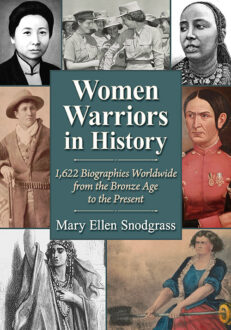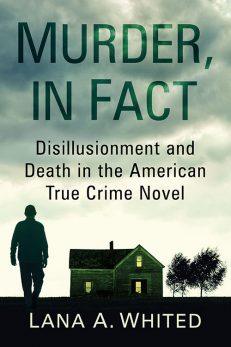Murder, in Fact
Disillusionment and Death in the American True Crime Novel
Original price was: $55.00.$14.99Current price is: $14.99.
In stock
About the Book
With the 1965 publication of In Cold Blood, Truman Capote declared he broke new literary ground. But Capote’s “nonfiction novel” belongs to a long Naturalist tradition originating in the work of 19th-century French novelist Emile Zola. Naturalism offers a particular response to the increasing problem of violence in American life and its sociological implications.
This book traces the origins of the fact-based homicide novel that emerged in the mainstream of American literature with works such as Frank Norris’s McTeague and flourished in the twentieth century with works such as Theodore Dreiser’s An American Tragedy and Richard Wright’s Native Son. At their heart is a young man isolated from community who acts out in desperate circumstances against someone who reflects his isolation. A tension develops between how society views this killer and the way he is viewed by the novelist. The crimes central to these narratives epitomize the vast gap between those who can aspire to the so-called “American dream” and those with no realistic chance of achieving it.
About the Author(s)
Bibliographic Details
Lana A. Whited
Format: softcover (6 x 9)
Pages: 261
Bibliographic Info: bibliography, index
Copyright Date: 2021
pISBN: 978-1-4766-7224-3
eISBN: 978-1-4766-4100-3
Imprint: McFarland
Table of Contents
Acknowledgments vii
Preface 1
1. The Critical Conundrum Launched by In Cold Blood 7
2. The Evolution of American Literary Naturalism 21
3. First-Wave Naturalism and the Homicide Novel, 1899–1925 33
4. Second-Wave Naturalism and the Homicide Novel, 1930–1960 62
5. The Old Naturalism Meets the New Journalism: Capote’s In Cold Blood 116
6. Mailer’s Big “Non-Book”: The Executioner’s Song as Faux Naturalism 143
7. “Variations on a Theme by Capote”: The 20th Century, Part II 161
8. “The Chickens Come Home to Roost”: Naturalism Enters Its Third Century 199
Chapter Notes 227
Bibliography 231
Index 251





